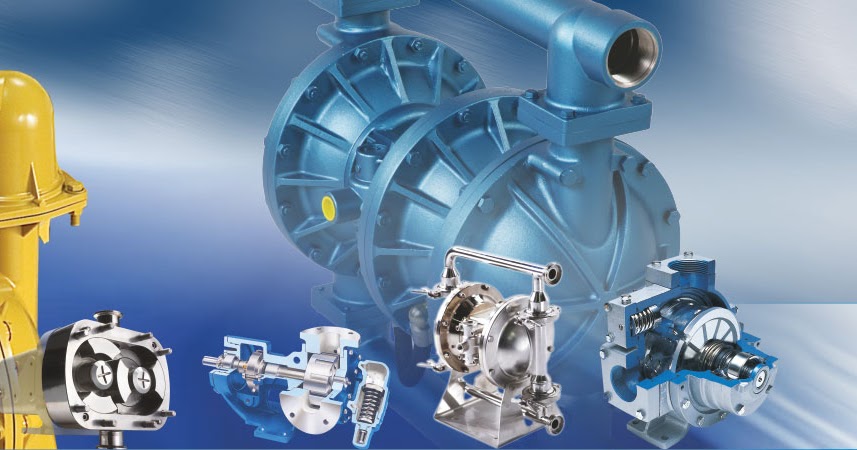Hydraulic pumps can be a great way to get the power you need in your machine. Whether you’re looking to build a hydraulic lift or just want to add some extra oomph to your jackhammer, there are plenty of different options available for you to choose from.
Industrial Hydraulic Pumps can be used for a wide variety of applications, from construction equipment like tractors and excavators to industrial machinery like conveyor belts and cranes. However, if you’re not sure which type of pump is right for your needs or how much power it needs then this guide will help!
What determines which pump you need?
The first step to choosing the right hydraulic pump is to determine what you need it for. Here are some considerations:
- Pump speed determines how fast a pump can deliver fluid, and this will affect whether or not your application can be run using that type of pump.
- Pump pressure determines how much force is delivered per unit area (i.e., pounds per square inch). This factor is important because it affects both fluid flow rate and system efficiency–the higher the pressure, generally speaking, the greater volume of liquid will be moved through pipes at any given time; however, if too much pressure is applied then seals may wear out prematurely or even rupture altogether! So it’s important to understand what kind of loads your system will experience during an operation before deciding which kind of hydraulic pump would work best in practice.”

How often do you need to replace the pump?
The most important factor is how often you need to replace your hydraulic pump. If you’re using it for construction or industrial purposes, then you’ll likely want a more durable model that will last longer than if it were only used occasionally on weekends.
If you are replacing an existing pump, consider what caused its failure in the first place and whether those issues could be avoided with a better design or material choice or sometimes Best Quality Hydraulic Filters. For example:
- Was there an issue with the vibration? If so, consider using rubber mounts instead of metal brackets when mounting the new pump so that any vibrations are absorbed by the rubber instead of being transferred into the frame itself (which can cause cracks).
- Did water get inside your old motor? Then look for corrosion resistance when selecting a replacement part!
How powerful do you need it to be?
The more power your Hydraulic Pumps have, the more pressure they can produce. The amount of pressure you need depends on your application; for example, if you’re using a jack to raise an automobile or trailer off the ground, then a small amount of pressure may be all that’s required.
However, if you are lifting heavy machinery from deep underground mineshafts and need to lift hundreds of tons of rock over time without breaking down under stress and fatigue caused by high-torque loads (i.e., weight), then more power will be required–in other words: bigger pumps!
Conclusion
We hope you have found this guide helpful in your search for a hydraulic pump. If you’re still unsure of what type of pump to buy, we suggest starting with the linear actuator. This is the most common type used in many industries and can be used in a variety of applications such as material handling and packaging equipment where speed and precision are important factors.

